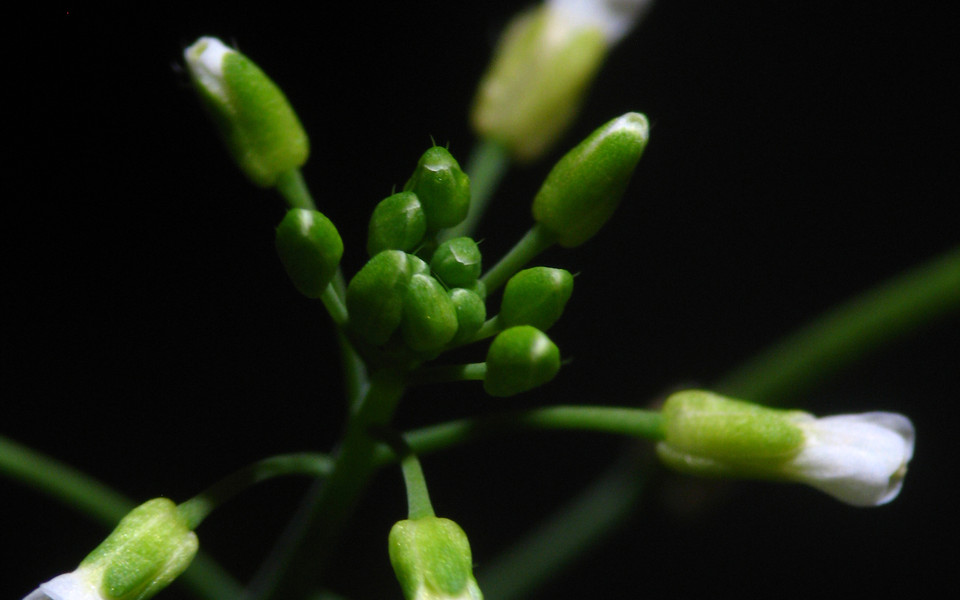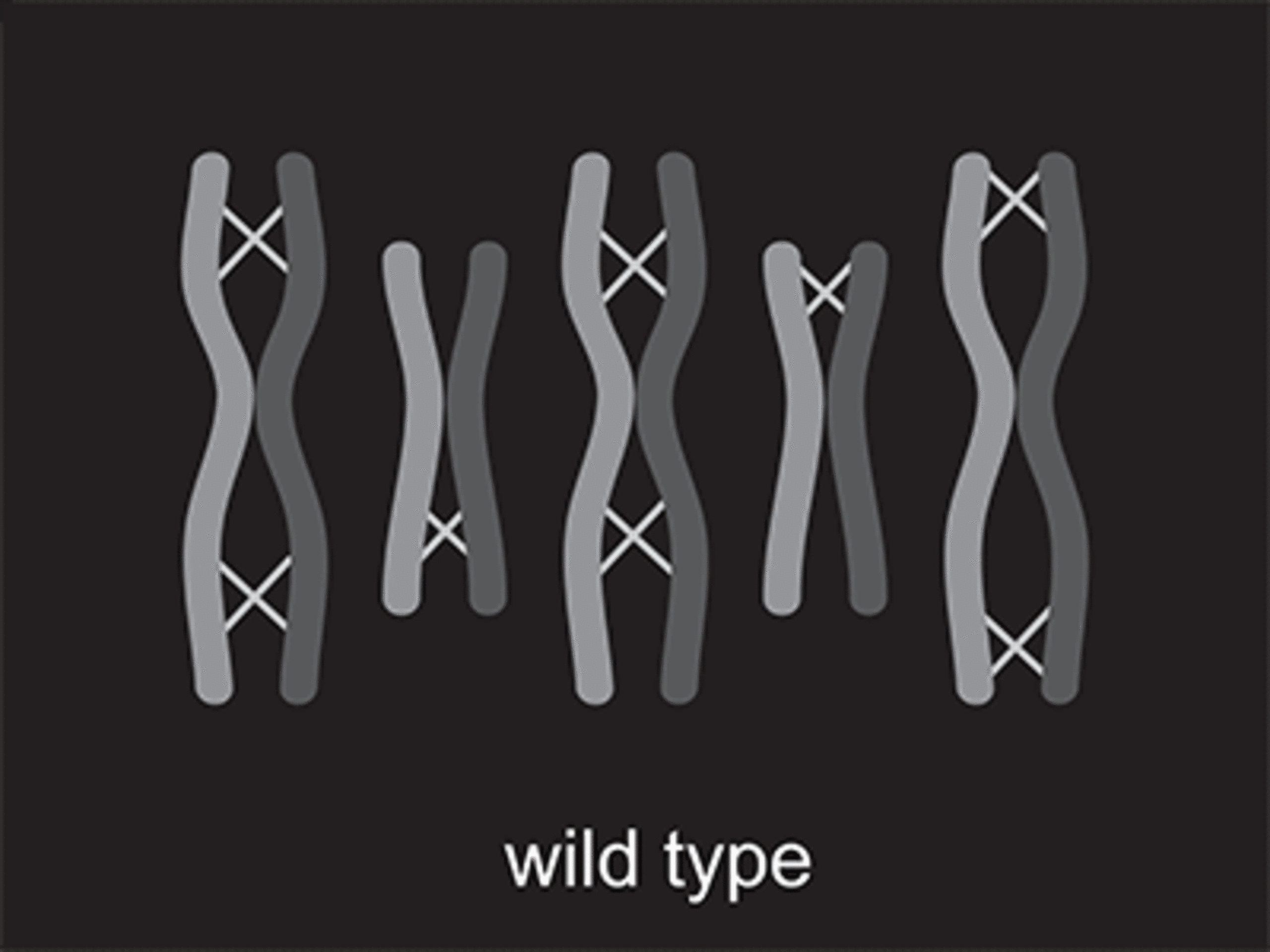
The group, in collaboration with scientists from across Europe and the US, now report that FANCD2 acts in a previously uncharacterized meiotic DNA repair pathway. Their findings have been published in the journal The Plant Cell.
Meiosis is a specialized cell division and the basis for genetic diversity through sexual reproduction. DNA breakage and subsequent repair via homologous recombination is required for successful chromosome segregation and leads to the exchange of genetic information between homologous, paternal and maternal, chromosomes. Defects in this process can cause infertility, chromosomal instability and developmental defects. Nineteen genes have been found to be mutated in patients with Fanconi anemia, most of them involved in DNA repair and conserved in plants and animals.
Peter Schlögelhofer’s team at MFPL, together with scientists from Spain, France and the US, has now shown that FANCD2 acts in a previously uncharted meiotic recombination pathway. “It was clear for years that the picture of recombinational repair was not complete and we could now add an important piece to the jigsaw by characterizing FANCD2’s function in meiosis ”, explains Marie-Therese Kurzbauer, first author of the study.
Dr. Schlögelhofer is excited about their recent findings, because they show the power of Arabidopsis to help in understanding biological principles that are relevant beyond the field of plant sciences: “Due to the conservation of the Fanconi anemia pathway, we are convinced that our study will strongly stimulate further research in meiotic recombination and human Fanconi anemia-related pathologies”.

In the gif above, we see spreads of male meiotic chromosomes in metaphase I. While all homologous chromosomes are connected by crossovers in wild-type meiosis and appear as five bivalents, less crossovers are formed in fancd2 mutants, leading to the observation of unpaired chromosomes.
Publication in The Plant Cell
Kurzbauer MT, Pradillo M, Kerzendorfer C, Sims J, Ladurner R, Oliver C, Janisiw MP, Mosiolek M, Schweizer D, Copenhaver GP, Schlogelhofer P: Arabidopsis thaliana FANCD2 Promotes Meiotic Crossover Formation. The Plant Cell, 2018